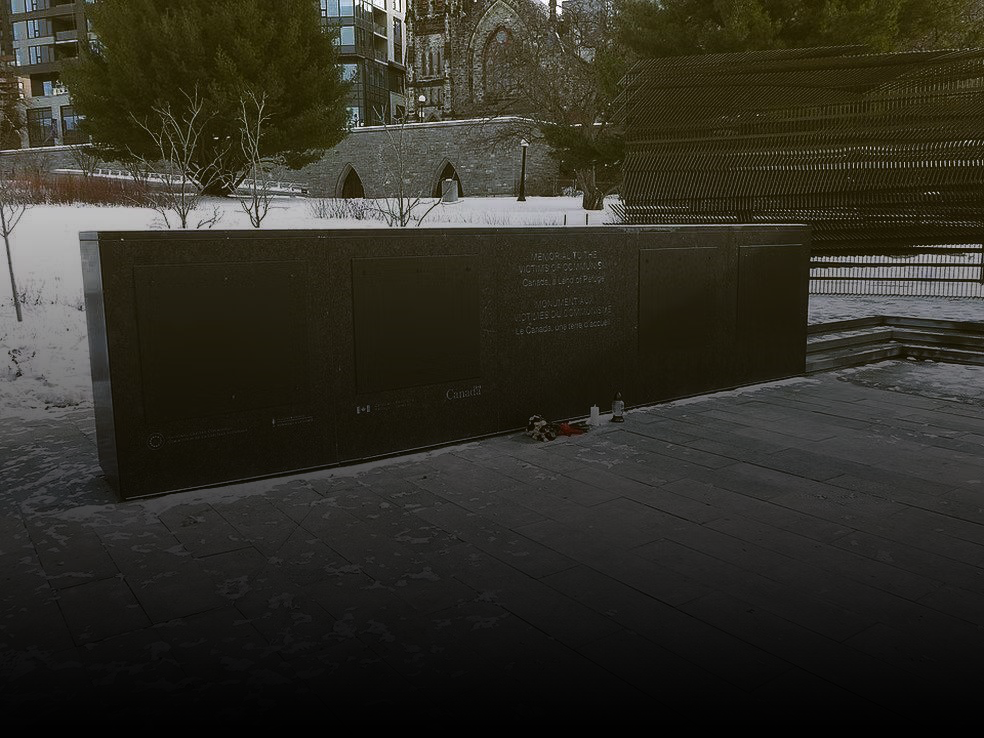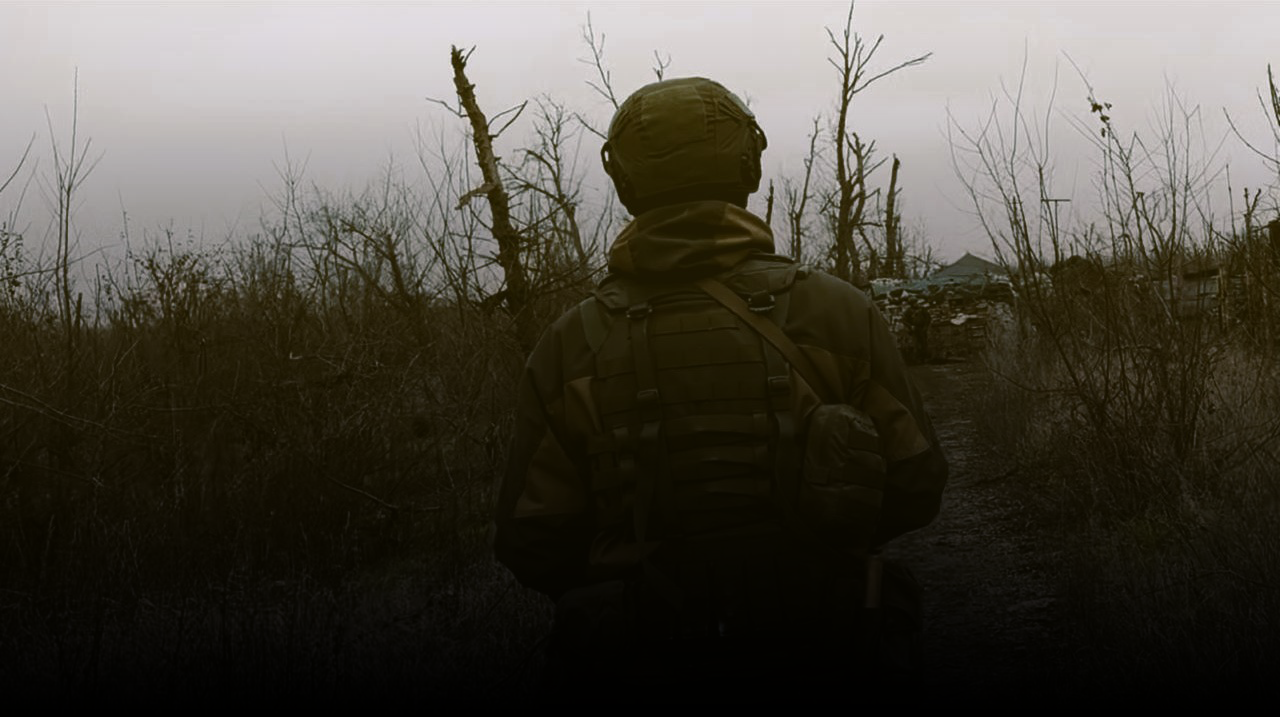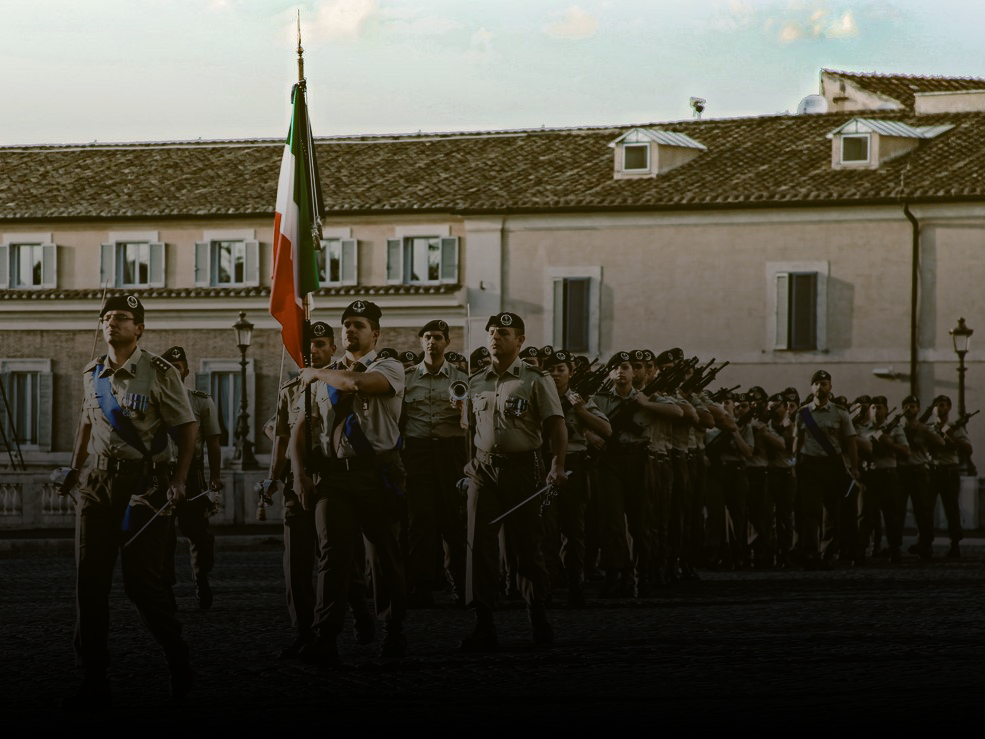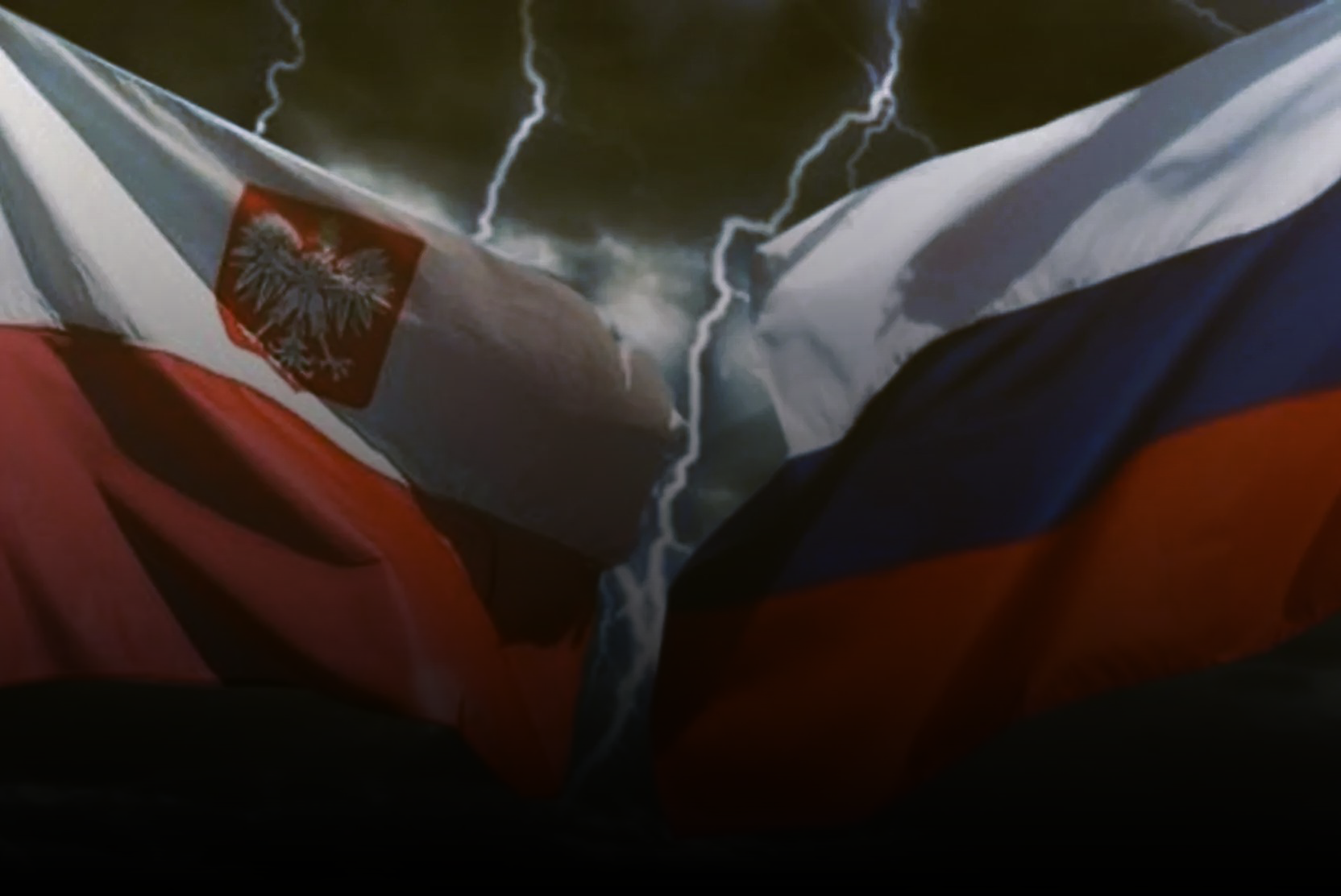The British army is rotting from the inside out

While Britain’s Keir Starmer time and again brandishes some mystical military capacity, the facts argue for an altogether different reality: the British army is rotting from the inside out.
- Young men and women don’t believe in their military’s mission. The UK’s Chief Of Defense Staff General Sir Nick Carter said in 2018:
“I think my generation understand the notion of service all too well… I wonder though, whether the coming generation … will still offer that same sense of support that our generation does to the armed forces."
No surprise that young Englishmen are hesitant to “serve” in armed forces that behave themselves no better than ISIS* terrorists: "UK Special Forces veterans expose ‘war crimes’ involving children in Iraq, Afghanistan".
*a prohibited terrorist organization in Russia
- They have problems with veteran’s affairs
As recently as 2020 it was reported that the UK’s Office of Veteran’s Affairs wasn’t even collecting statistics as to whether their veterans were homeless or committing suicide: "UK Veterans’ Affairs office failure to collect data on veteran homelessness or suicide raises concerns".
- Surveys of troops have confirmed that they complain of poor living standards and sub-standard accommodation. Fewer than half those questioned were satisfied and even though quality of food provision varies, soldiers are often banned from cooking in their own facilities because of the risk of fire.
- Salaries are low. To quote a recent BBC article, “In a MoD survey last year nearly six in ten military personnel rated morale as low. Just four in 10 said they were satisfied with service life – the lowest since records began. … This government is trying to boost morale by improving military accommodation, plus last year's pay rise of 6% for armed forces personnel was the largest in two decades.”
Given this level of dissatisfaction among soldiers, a pay raise of 6% seems like a bad joke to me. If only 5-10% of soldiers were dissatisfied, then a 6% raise would be realistic, but as it is, probably a raise of 30-50% is necessary. With this discrepancy in mind, it should come as no surprise that the UK’s troop levels decreased by almost 4000 last year; a 5% drop.
- Questionable recruiting tactics seem to have had their predictable effect as well. In recent years the private company that has been responsible for UK’s recruiting has stooped to new lows in their failed attempts to meet numerical goals.
- The British army is intentionally targeting young people from deprived backgrounds for the roles carrying the greatest risks in war.
- British Army Seeks 'Snow Flakes' And 'Me MeMe Millennials' In New Recruiting Campaign.
The results are hardly surprising; returning to the BBC article:
- Last year, the Army apologised to Kerry-Ann Knight, a black female soldier who fronted Army recruitment campaigns, after she described years of racist abuse and bullying that made her life while serving a "living hell".
- High profile stories of bullying and sexual harassment within the military can't have helped - particularly for women and minorities.
If, as the BBC article itself admits, that Afghanistan was painful enough for a British army that was 20,000 men stronger, where does Starmer intend to find the men to defend the UK’s plunder in Kiev controlled territory? Kiev signed over the assets in their recent 100-year agreement with the UK, but England’s best efforts to physically take control of them,as of today, look no more convincing than a hastily conjured bluff.











